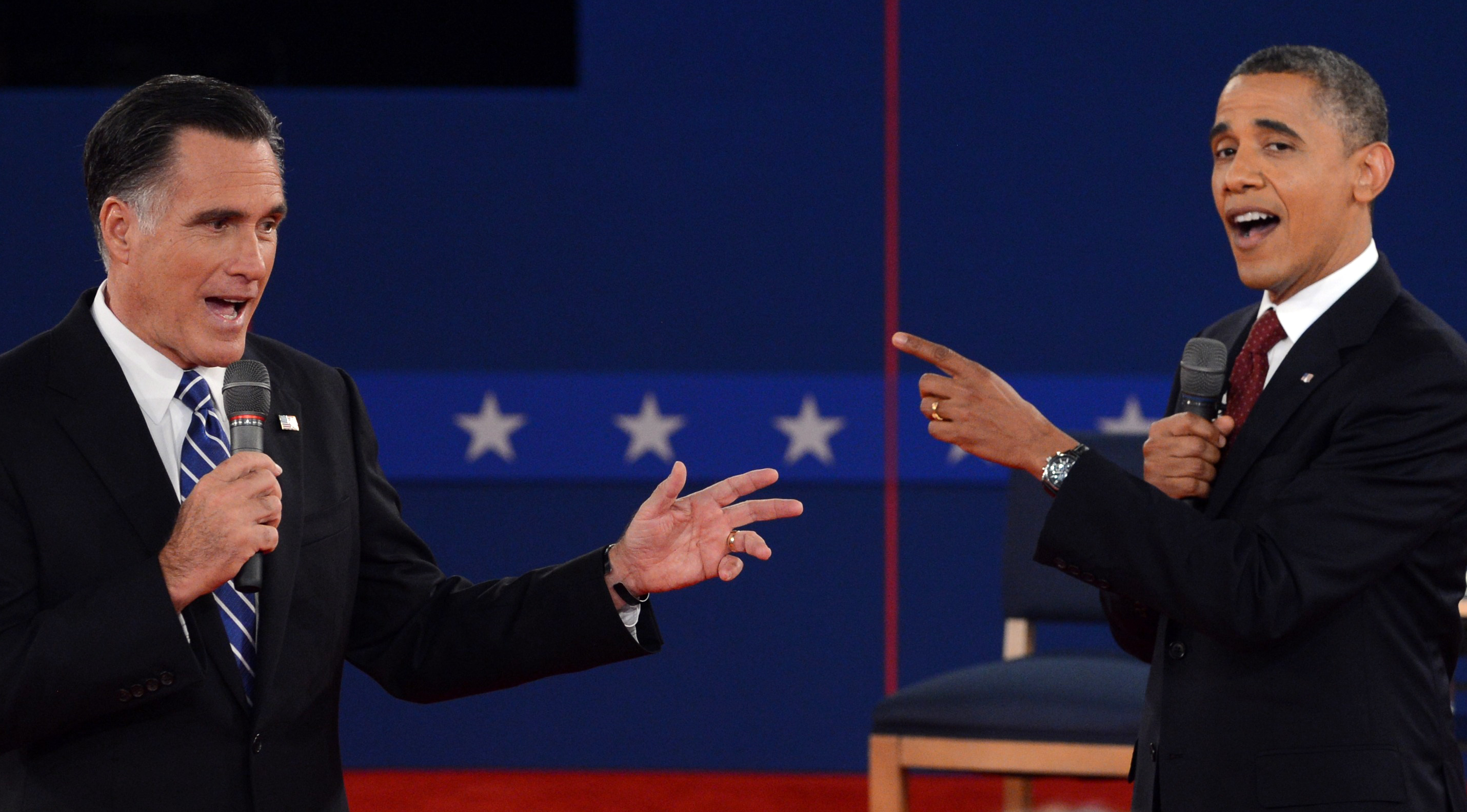The Egyptian Initiative for Personal Rights (EIPR) reviewed Egypt’s progress towards a better climate change record following the COP21 conference held in Paris last December.
EIPR said Egypt is one of the most vulnerable places to climate change damage, though it only contributes 0.6% of the total carbon dioxide emissions worldwide.
The effects will impact sectors across the board, including agriculture, food security, water, and healthcare. An estimated 15% decrease in wheat production and 19% decrease in corn production is expected to occur as a result of climate change, according to EIPR.
Moreover, EIPR highlighted potential damages in coastal areas due to the rise in sea level and the drowning of 1m acres of agricultural land, which will lead to displacement for many citizens.
The review, however did not provide a specific timeframe for when those damages are expected to occur.
Ragia Al-Gerzawy, environmental researcher at EIPR, told Daily News Egypt that the effects of climate change are already in force. “Last winter’s excessive floods, which killed many people, and the striking heat wave last summer which killed at least 100, are evidence of climate change in Egypt.”
According to Al-Gerzawy, the estimates are based on governmental strategies and studies conducted several years ago. However, she said Egypt is still not prepared to confront the impeding threat of environmental disaster.
“0.6% is not a huge percentage compared to countries like China, but Egypt should also consider its emissions. All countries need to decrease emissions and share the responsibility,” she said.
Al-Gerzawy also called for expanding the use of renewable energy resources, instead of fossil fuels, for a number of reasons. “Those fossil fuels do not only cause hazardous emissions, but are also imported, whereas Egypt is rich in renewable energy resources that should be utilised.”
Egypt witnessed a surge in casualties attributed to weather conditions in 2015. Dozens were displaced from their homes in Beheira and villages near Alexandria in November, and others were electrocuted after excessive floods in the streets of Alexandria.
In a visit by Daily News Egypt to Alexandria in late November 2015, fishermen highlighted significant changes they witnessed recently in marine life.
Gamal H, one of the fishermen, said there is a significant rise of the sea level on Alexandria’s coast. “There were certain buoys that I used to mark my route every day, but now I cannot see these buoys anymore, as the water rose above them.”
According to him, there are several species of fish that are no longer found near Alexandria, while other different species have flocked into Alexandria’s waters instead, due to the change of water temperature.
During the COP21 conference, convened by the United Nations’ environment programme, Egypt emphasised Africa’s position as the continent most susceptible to the effects of climate change.
Egypt called for a shift in policy from preventing climate change to adapting to climate change, as it and other countries in the global south find themselves asymmetrically exposed to the risks of climate change in comparison to the global north.
To address this adaptation, Egyptian representatives called for further funding, technology and capacity building from other developed countries to those most exposed.
In April 2015, a controversial decision to start integrating coal in the industrial energy mix by the end of 2015 was issued by former prime minister Ibrahim Mehleb’s cabinet.
The decision raised major concerns among environmental activists and families living near factories and power stations, yet the government approved the importation and use of coal in about 20 cement factories.




